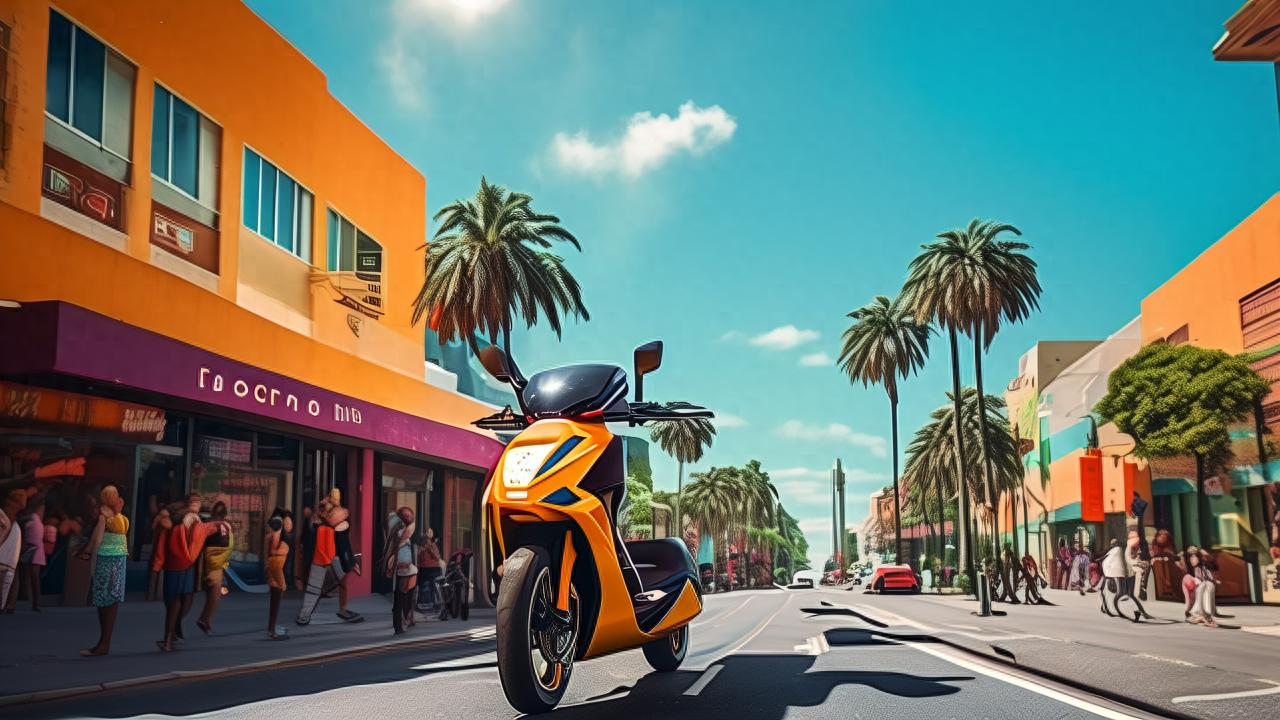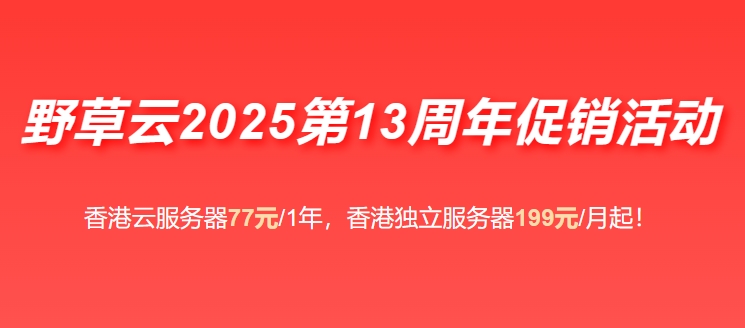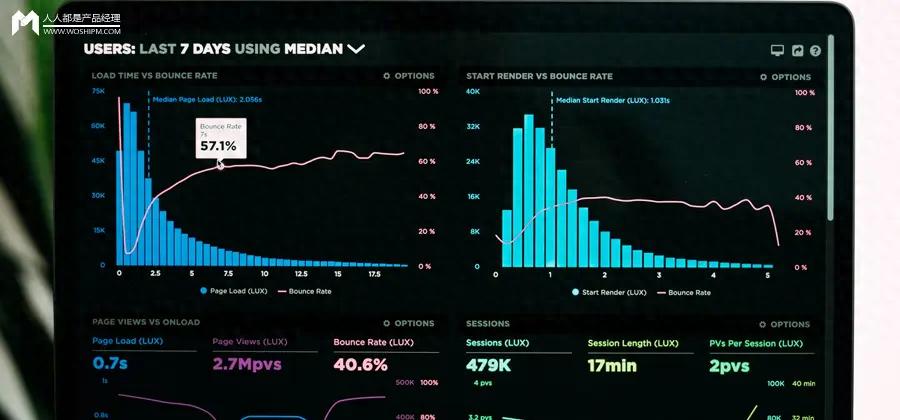
AI-generated image
AsianFin -- Didi Global Inc. has resumed its food delivery operations in Brazil after a two-year hiatus, marking a renewed push into Latin America’s fast-growing local services market just as fellow Chinese tech giant Meituan prepares its own entry.
On June 16, Didi’s 99 Food—branded as 99 Delivery—reentered the market with a formal launch in Goiânia, central Brazil, allowing local users to access ride-hailing and food delivery services through a unified 99App. The move signals Didi’s ambition to evolve into a one-stop urban services platform in Brazil, extending its dominance beyond mobility.
Didi initially ventured into Brazil’s food delivery sector in 2019 after acquiring ride-hailing startup 99, but was forced to suspend operations in 2023 due to an aggressive exclusivity strategy by market leader iFood. Despite the retreat, Didi retained its delivery infrastructure, setting the stage for a potential comeback.
Now, with a more robust ecosystem and strategic timing, Didi believes it’s primed to reclaim a foothold. “This is not a restart from scratch,” a company executive said, citing Didi’s base of over 50 million active users, 1.5 million registered drivers, and a maturing digital payments system via 99 Pay.
The competitive landscape, however, is heating up. Meituan, China’s largest on-demand delivery platform, has announced plans to launch its Keeta food delivery service in Brazil within the next year. The two titans are poised for a direct face-off in a market historically dominated by iFood, which commands about 80% share.
Didi’s re-entry comes amid rising discontent among Brazilian users, restaurants, and delivery riders over iFood’s monopolistic practices. In March, delivery workers in over 50 cities staged protests demanding better wages and conditions, creating an opening for new entrants. “User frustration with iFood presents an opportunity for Didi to capitalize on shifting sentiment,” said a local analyst.
Didi is also drawing on lessons from its operations in Mexico, where it successfully disrupted Uber Eats’ dominance by targeting smaller cities and leveraging competitive pricing strategies. Today, Didi Food claims over 50% market share in Mexico with 16 million monthly active users.
In Brazil, Didi plans to replicate this “rural encircling the cities” playbook, targeting underserved regions and leveraging its dual-network of ride-hailing and delivery riders to drive efficiency. By dynamically allocating logistics resources across ride-hailing, parcel delivery, and food delivery, Didi aims to lower costs and boost rider incomes, creating a virtuous cycle of ecosystem expansion.
“Brazil’s food delivery market is still a blue ocean,” said an industry insider. Penetration rates remain below 30%, far behind China’s 50%, while the market itself grew 50% over the past four years, reaching 139 billion reais ($28 billion) in 2023, according to Euromonitor.
The battle for Brazil’s food delivery market is not just between Didi and Meituan. In May, Uber and iFood announced a strategic alliance, integrating their platforms to allow cross-access to services. Uber users will soon be able to order food via iFood, while iFood’s app will offer Uber ride-hailing options—a clear move to defend turf as Chinese challengers advance.
Meituan, meanwhile, is investing heavily to establish a nationwide logistics network in Brazil. CEO Wang Xing signed a $1 billion investment agreement with Brazilian President Lula in May, with plans to officially launch Keeta by early 2026.
For Didi, international expansion has become a critical growth driver as its domestic business stabilizes. In 2024, Didi’s international operations recorded 3.6 billion orders and generated 91.3 billion yuan ($12.6 billion) in gross transaction value, a 34.8% increase from the previous year.
Whether Didi’s “mobility + delivery + payments” ecosystem model can succeed in Brazil will likely determine its trajectory across Latin America. “The next two years will be decisive,” a senior Didi executive said. “If we can replicate Mexico’s success in Brazil, we’ll have a scalable model for the entire region.”
Yet, facing a duopoly of iFood and Uber, and Meituan’s imminent entry, Didi’s return to Brazil’s food delivery battlefield is anything but a guaranteed victory.








